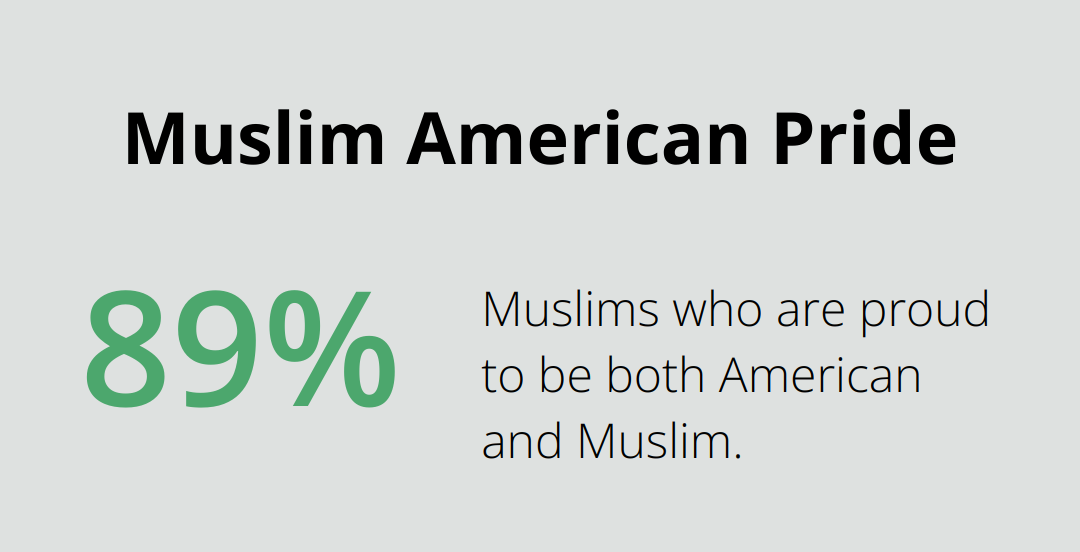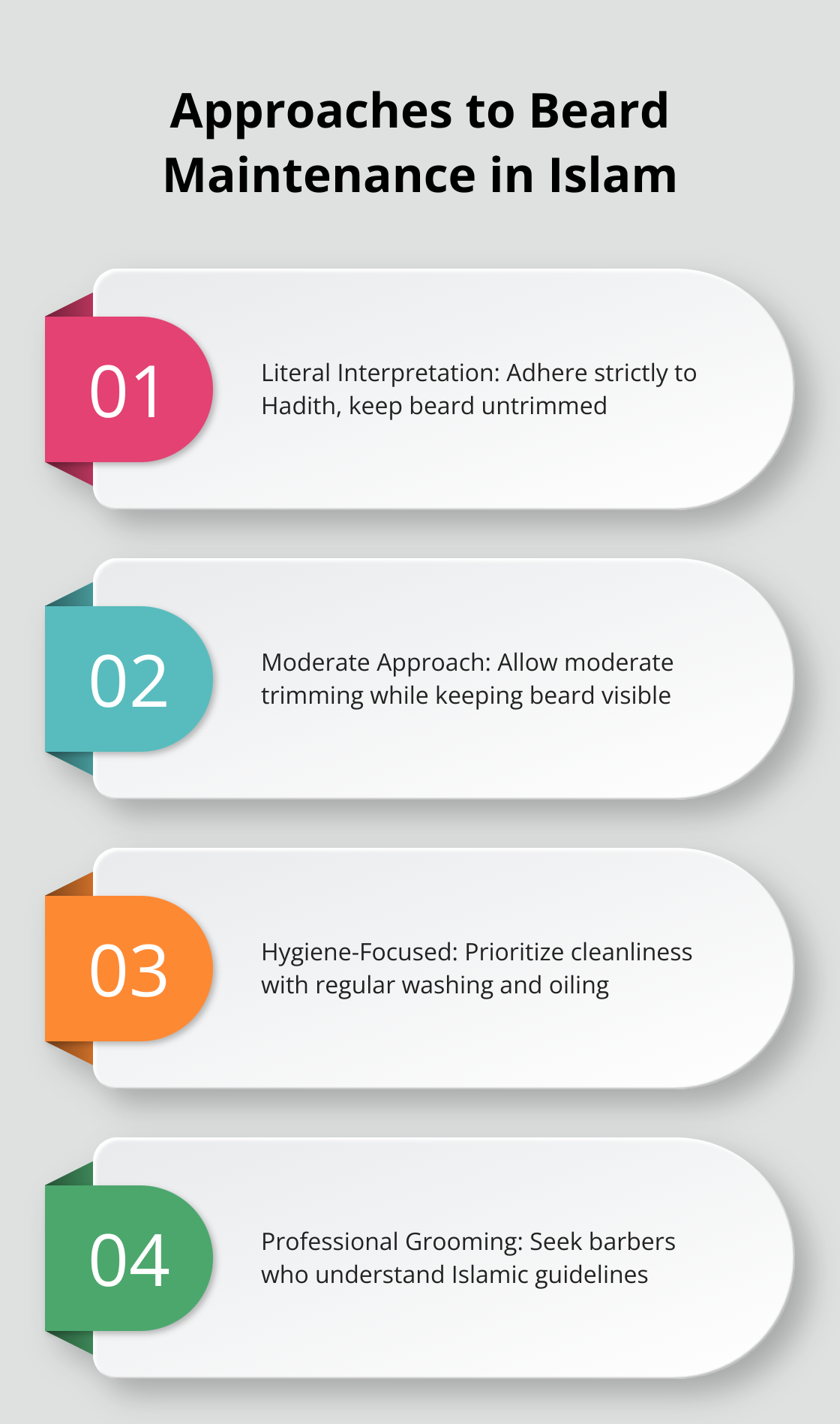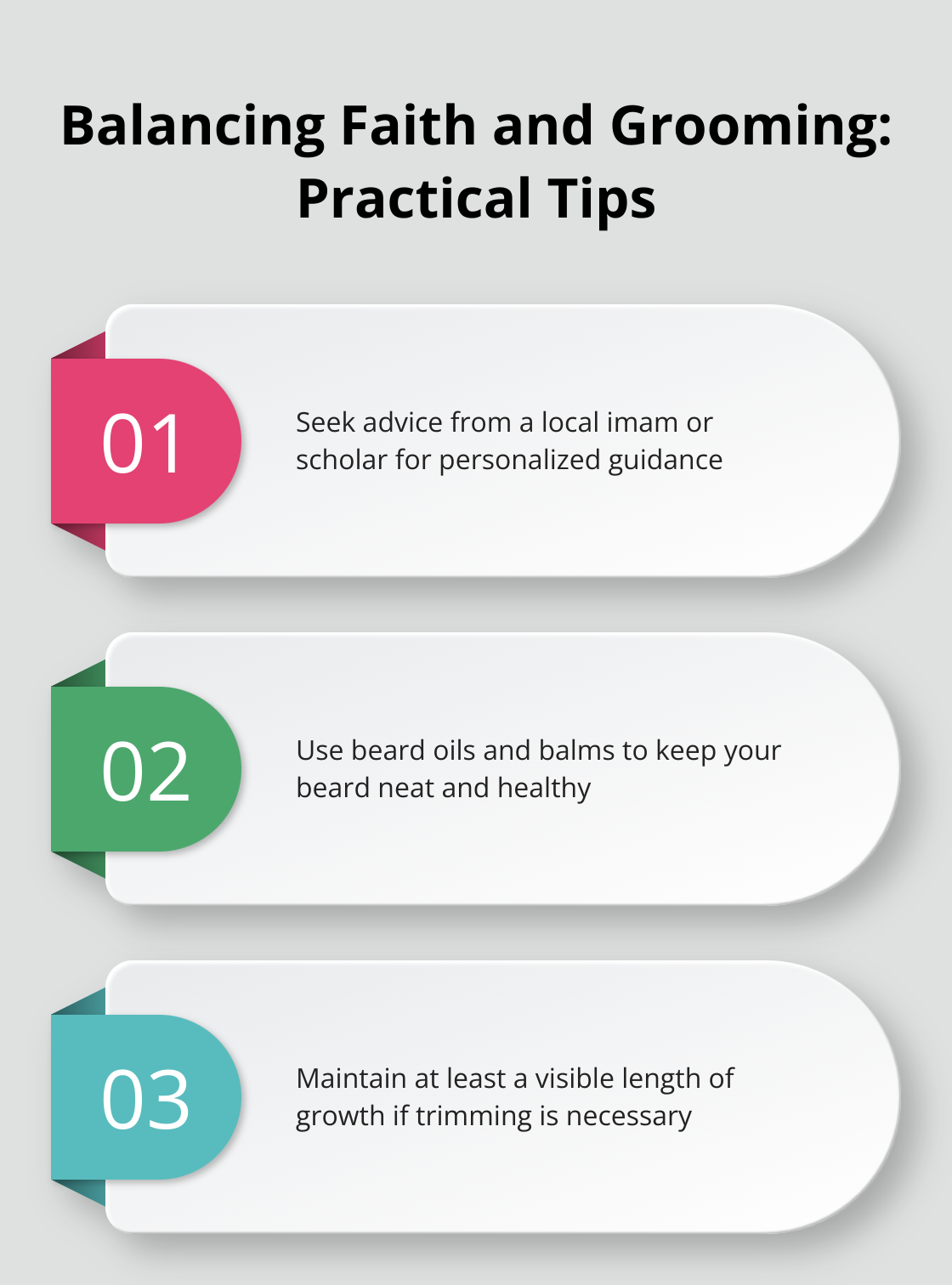Is Trimming Your Beard Haram?
At Barber Craft, we often receive questions about beard grooming and religious practices. One common inquiry is, “Is it haram to trim beard?”
This question touches on the intersection of personal grooming and Islamic guidelines, sparking debates among scholars and Muslim men alike. In this post, we’ll explore various Islamic perspectives on beard trimming and offer practical advice for maintaining a well-groomed beard within religious boundaries.
What Does Haram Mean in Islam?
Definition and Importance in Islamic Law
In Islamic law, haram refers to actions or substances that are strictly forbidden. This concept shapes the daily lives of Muslims, including their personal grooming habits. The importance of haram extends to beard maintenance, where many Muslim men question the permissibility of trimming.
Religious Guidelines in Personal Grooming
Many Muslim men consider religious guidelines when deciding on their grooming practices. This highlights the need for clear guidance on beard trimming within Islamic law. Muslim men often seek to align their grooming routines with their faith, leading to careful consideration of beard maintenance practices.
Diverse Scholarly Interpretations
Islamic scholars present varying opinions on beard trimming. While keeping the beard is considered quite important, with all four great Imams of Ahl-us-sunnah declaring it to be obligatory based on the Qur’an and Sunnah, there are different interpretations regarding trimming. These diverse interpretations provide Muslim men with a range of options to consider when maintaining their beards.
Balancing Faith and Professional Life
Muslim men often face the challenge of balancing workplace expectations with their desire to maintain a full beard. This challenge underscores the need for flexible interpretations that respect both faith and professional requirements.
Seeking Guidance for Personal Choices
For those navigating these guidelines, it’s essential to consider both religious obligations and practical needs. Consulting with a trusted religious advisor can help determine the most appropriate approach for personal beliefs and lifestyle. This guidance can provide clarity and confidence in making grooming decisions that align with one’s faith and daily life.
As we explore the various perspectives on beard trimming in Islam, it’s important to understand the specific teachings and interpretations that shape these views. Let’s now turn our attention to the Islamic perspectives on beard grooming, including relevant Hadiths and Quranic verses.
What Do Islamic Texts Say About Beards?
Hadiths and Prophetic Guidance
Islamic perspectives on beard grooming stem from various Hadiths (sayings of the Prophet Muhammad). A well-known Hadith states, “Trim the mustaches and let the beards grow.” This teaching forms the foundation for many Muslims’ approach to beard maintenance.
Scholarly Interpretations
Scholars present diverse opinions on beard trimming. The general consensus holds that growing a beard is obligatory for Muslim men. However, views on trimming differ:
- Literal Interpretation: Some scholars advocate for untrimmed beards, adhering strictly to the Hadith.
- Moderate Approach: Others permit moderate trimming, provided the beard remains visible.
The Maliki School is clear that it is impermissible to trim the beard unless it is extremely long. However, they don’t restrict this to a fistful.
Practical Approaches to Beard Maintenance
Muslim men often face challenges in balancing religious observance with personal grooming. Here are some practical tips:
- Seek advice from a local imam or scholar for personalized guidance on beard maintenance.
- Use beard oils and balms to keep your beard neat and healthy without excessive trimming.
- If work or hygiene necessitates trimming, try to maintain at least a visible length of growth.
Trimming vs. Shaving: A Critical Distinction
Understanding the difference between trimming and shaving is crucial in the Islamic context. While trimming may be permissible under certain interpretations, most scholars consider completely shaving the beard haram (forbidden).
Respecting Individual Interpretations
Beard grooming practices can vary widely among Muslim men, reflecting different interpretations and personal beliefs. Some may choose to keep their beards untrimmed, while others might opt for a more groomed appearance (within religious guidelines).
As we explore the practical considerations for Muslim men in maintaining their beards, it’s important to remember that personal interpretation and lifestyle factors play significant roles in these decisions.
How Can Muslim Men Balance Faith and Grooming?
Navigating Workplace Expectations
Muslim men often face challenges in balancing workplace expectations with their desire to maintain a full beard. Open communication with employers can lead to understanding and compromise. A Pew Research Center survey revealed that 89% of Muslims say they are both proud to be American and proud to be Muslim. This statistic underscores the importance of discussing religious beliefs with employers.

Prioritizing Hygiene
Clean and well-maintained beards are essential for both religious reasons and personal hygiene. Wash your beard 2-3 times a week with a gentle, beard-specific shampoo. For longer beards, use beard oil to keep the hair and skin underneath moisturized (this prevents itchiness and flakiness).
Grooming Within Islamic Guidelines
While opinions on trimming vary, you can keep your beard neat without compromising religious principles. Use a wide-toothed comb to detangle your beard daily. This practice keeps it tidy and stimulates blood flow to the hair follicles, which promotes healthier growth.
For those who choose to trim, scissors offer more precise control than electric trimmers. This method helps maintain the required length while tidying up stray hairs. The goal is to maintain a well-kept appearance without significantly altering the beard’s length or fullness.

Seeking Professional Grooming Services
If you’re unsure about trimming your own beard, visit a professional barber who understands Islamic guidelines. Many experienced barbers are trained in various cultural and religious grooming practices. They offer specialized beard maintenance services that respect religious beliefs while ensuring a polished appearance.
Balancing Personal Style and Religious Convictions
Find a balance that works for you while staying true to your religious convictions. This might involve experimenting with different grooming techniques or products (such as beard balms or oils) to achieve a neat appearance without excessive trimming. Try to identify methods that align with both your faith and personal style preferences.

Final Thoughts
The question “Is it haram to trim beard?” lacks a simple answer. Islamic views on beard trimming vary, with some scholars advocating for untrimmed beards while others permit moderate grooming. Muslim men should consult trusted religious leaders for valuable guidance in navigating this complex issue. These leaders can offer insights into the various interpretations of Islamic texts and help individuals understand how these teachings apply to their specific situations.
Muslim men must make thoughtful decisions about their beard grooming practices. This involves a balance of religious obligations with practical considerations such as workplace requirements and personal hygiene. Personal interpretation plays a significant role in how one chooses to maintain their beard, and it’s important to stay informed and seek guidance when needed.
For those seeking professional grooming services that respect religious guidelines, Barber Craft in downtown San Diego offers expert beard maintenance. Their skilled barbers (with over 25 years of experience) understand the importance of cultural and religious considerations in grooming practices. Barber Craft provides personalized service to help maintain a well-groomed appearance while adhering to religious principles.



